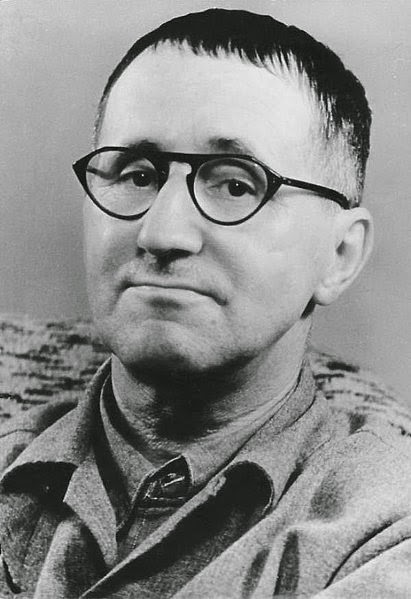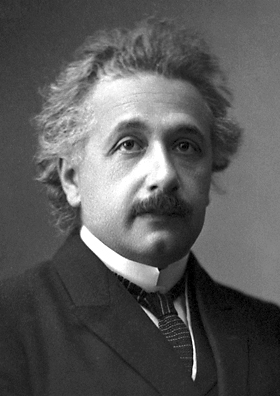On April 30, 1945, the day of Hitler’s suicide, a squad of American soldiers rolled up the driveway of a quaint, green-shuttered villa in the Alpine resort of Garmisch-Partenkirchen, in Bavaria, and found themselves face to face with the eighty-year-old composer and conductor Richard Strauss. “I am the composer of ‘Der Rosenkavalier’ and ‘Salome,’” Strauss said, in English. The G.I.s had intended to commandeer the house as a temporary headquarters. After listening to Strauss play excerpts from “Rosenkavalier” at the piano, they let him be, and moved on to another destination. .... The events of April 30th also shed light on the personality of Strauss, a supremely wily character who maintained a lofty position in German music through the Kaiserreich, the Weimar Republic, the Nazi regime, and beyond. He was often accused of opportunism, and the claim is not unjust: Strauss did what he needed to do to protect the sacred circle of his art, and, not incidentally,...






